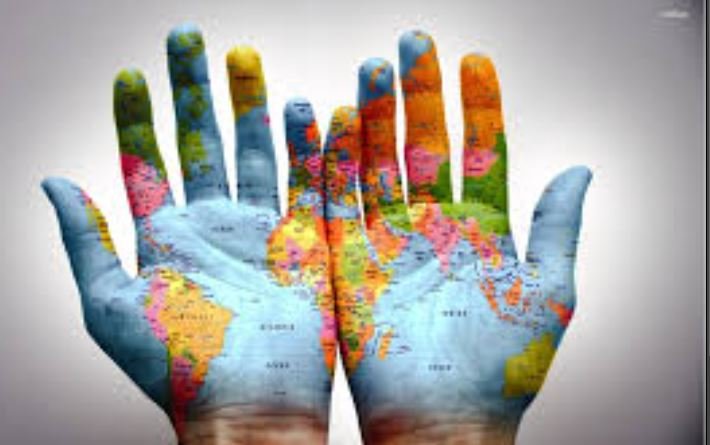Exploring Modern Leisure Alongside Historical Interests
While many enjoy learning about the evolution of transportation and the rich legacy of railroads, today’s digital age also brings new ways to relax and explore. From online archives to engaging interactive platforms, the internet connects history lovers with a range of pastimes. For those looking to unwind after a deep dive into the past, a little casual gaming might be just the thing. Visit our website for a fun option to explore during your downtime.
The impact of social media on cultural identity has become increasingly evident as platforms like Facebook, Instagram, and TikTok dominate the digital landscape. Social media has transformed how individuals express their cultural identity, connect with others, and influence global perspectives. As a result, cultural identity has evolved, blending traditional values with modern influences.

Globalization and Cultural Exchange
The impact of social media on cultural identity is most noticeable in its role in promoting cultural exchange. Individuals from different countries can now interact and share their cultures with a global audience. Through photos, videos, and stories, users showcase their traditional clothing, food, and customs, allowing others to experience their culture without physical travel. This exchange has created a more interconnected world, where diverse cultures influence one another.
However, the impact of social media on cultural identity has also led to concerns about cultural appropriation. While cultural exchange fosters appreciation, it can also blur the line between appreciation and exploitation. People sometimes adopt cultural elements without understanding their significance, leading to misinterpretation and controversy.
Cultural Homogenization
The impact of social media on cultural identity has not only fostered exchange but also contributed to cultural homogenization. Popular trends on social media often create a sense of sameness across different cultures. For instance, global fashion and beauty trends, largely shaped by influencers, have spread worldwide, sometimes overshadowing local and traditional customs.
As a result, the uniqueness of cultural identities can be diluted, particularly among younger generations. Social media users may adopt global trends at the expense of their cultural heritage, leading to a loss of traditional practices and values. The impact of social media on cultural identity, in this case, raises questions about the balance between embracing global culture and preserving one’s own cultural roots.
Reinforcing Cultural Identity
Despite concerns about homogenization, the impact of technology on culture can also be positive, as it offers a platform to reinforce and celebrate cultural heritage. Many communities use social media to share their traditions, educate others about their culture, and connect with people who share similar backgrounds. Hashtags and online communities centered around specific cultures have gained traction, allowing individuals to find a sense of belonging.
Moreover, the impact of technology on cultural identity is evident in movements that promote cultural pride. Social media has played a crucial role in the resurgence of indigenous cultures, where users advocate for the preservation and recognition of their cultural heritage. In this way, social media has empowered underrepresented groups to showcase their identity and push back against stereotypes.
Shaping New Cultural Identities
The impact of social media on cultural identity has also led to the formation of new, hybrid cultural identities. In an era of digital globalization, individuals blend traditional aspects of their culture with modern, global influences. These hybrid identities reflect a fusion of old and new, where people express themselves through a combination of their cultural heritage and contemporary global trends.
This blending of identities has contributed to the rise of subcultures that exist primarily online. These digital subcultures, such as meme communities or fandoms, often transcend geographical boundaries and reflect a shared interest rather than a traditional cultural background. As a result, the impact of social media on cultural identity extends beyond national borders, shaping how people view themselves in a globalized world.
Discover the History of Amtrak
The Amtrak Historical Society provides a fascinating look into the history of American rail travel. While exploring the rich legacy of Amtrak, take a break and visit jokacasino.me for some exciting online gaming action.
Conclusion: A Double-Edged Sword
The impact of technology on cultural identity presents both opportunities and challenges. On the one hand, social media facilitates cultural exchange, promotes global understanding, and allows individuals to reinforce their cultural pride. On the other hand, it contributes to cultural homogenization and the potential loss of traditional values. As social media continues to influence cultural identity, individuals must navigate the balance between embracing global culture and preserving their unique heritage.



